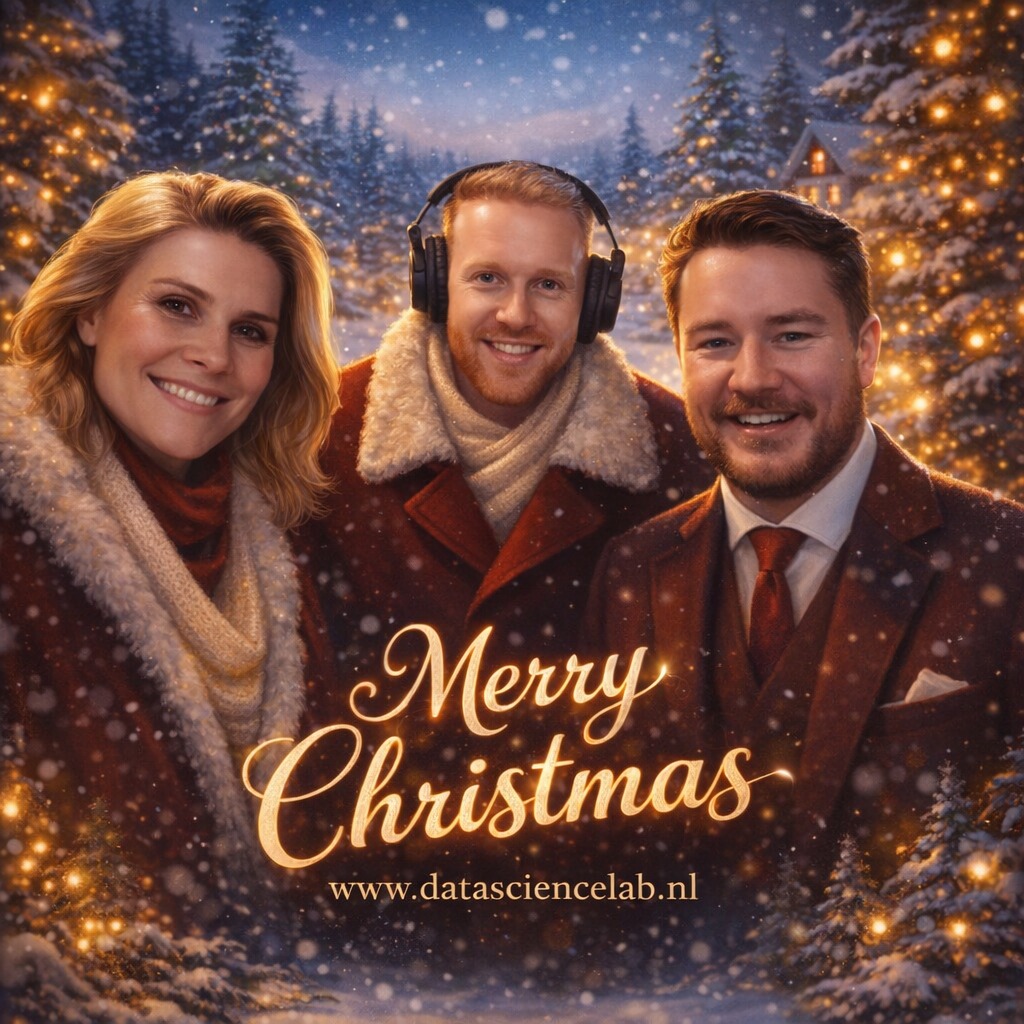The cultural sector works every day to make an impact. On audiences, on the city, on society. But data & artificial intelligence (AI) are still minimally used to understand and increase that impact.
Many cultural institutions rely on gut feeling, loose reports or fragmented data in Excel. While it is precisely now that insight is needed. Visitor behavior is changing. Subsidies require substantiation. Marketing budgets need to be more targeted. And programming demands distribution, diversity and audience loyalty.
From gut feeling to insight
At Data Science Lab, we help cultural institutions become data-driven. Not as a one-time project, but as a structural part of the organization. We combine technological expertise with our knowledge within the cultural sector.
National Opera & Ballet and the Royal Concertgebouw Orchestra precede you.
Take National Opera & Ballet. Over 600 employees work there daily on performances of international stature. We investigated how data-driven the organization is and mapped its data maturity. The result: an ambitious growth plan. We are currently implementing this plan and building a future-proof data platform that structurally anchors data in the organization, with the goal of full auditoriums, a wider audience and inclusion in every seat. Read how National Opera & Ballet is experiencing the collaboration here.
Or the Royal Concertgebouw Orchestra. Renowned worldwide for their unique sound and now ready to take the next step in digitization. We are building a future-proof data platform, bringing together data from ticket sales, programming, archives and communications. The result? Working more efficiently, better management, more space to share the love of music and most importantly securing 135 years of cultural heritage data. Read how Royal Concertgebouw Orchestra experiences the collaboration here.
Recognizable?
“We don’t have a data department.”
“AI sounds expensive.”
“We don’t want another tool.”
We hear these concerns more often, and these are logical first thoughts. But the reality? Data-driven work, above all, delivers a lot.
Insight saves time. Smart automation eliminates manual work. And predictive models help make better choices whether in programming, audience acquisition or fundraising. Data & AI make sure you spend less time on reporting, puzzling with Excel or reactive planning. Allowing more room for what matters: creativity, innovation and audience engagement.
| Opportunity | What is needed for that? |
| Personalized audience experience | Insight through data platforms, smart AI applications and clear privacy policies |
| Efficient heritage management & conservation | Digital infrastructure, AI models for archival analysis, expertise and ethical framework |
| Data-driven decision-making | Central data storage/data platform, analytics skills and clear data governance |
| Innovation in creation & storytelling | Access to AI tools, space for experimentation and maker (re)education |
| Increasing accessibility & inclusion | Inclusive technology, collaboration with communities and continuous monitoring |
We are your partner in data & AI
Data and AI offer unprecedented opportunities to enhance creativity, broaden target groups and optimize processes. We are convinced of this. More insight. More impact. More audience.
Successful implementation of data & AI starts with a shared vision, leadership and investment in people and technology. This can make the cultural sector more innovative, relevant and inclusive for audiences and creators alike.
We are the partner that makes this possible. We know the data & AI market like no other; we’ve been doing this for nine years. In that time, we have helped organizations navigate a complex, rapidly changing world.
In this complex world, we are here to make it simple, clear and workable.
Schedule an introductory meeting here. One conversation often sets a lot in motion.



